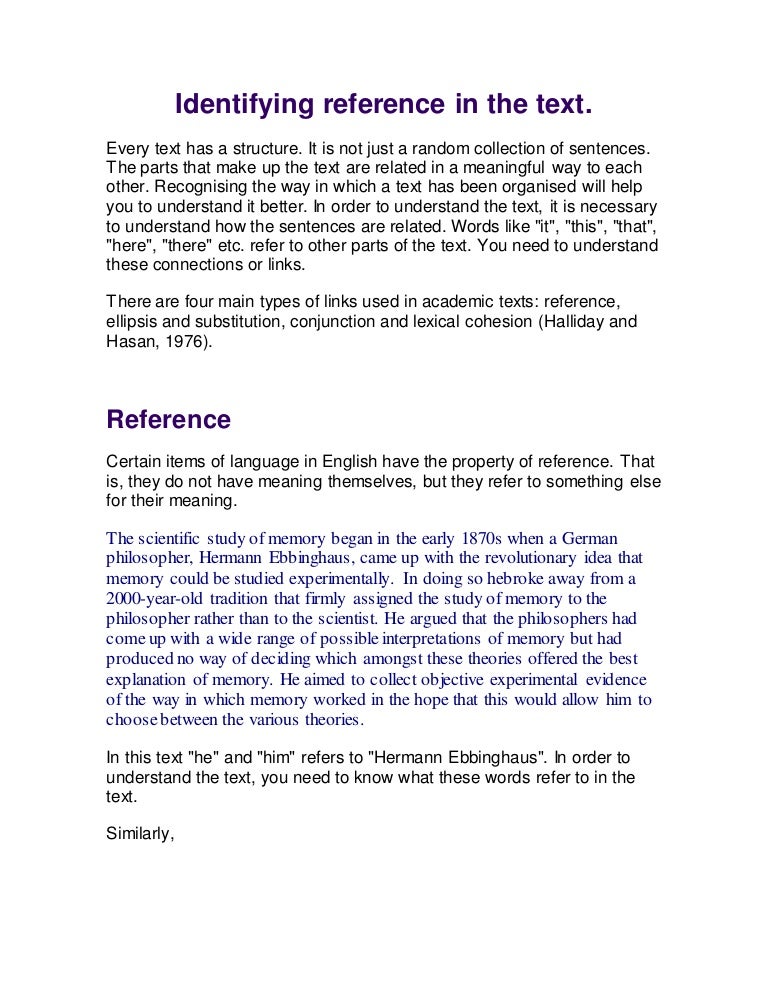
As the time of agreement with Lucifer for having material things and worldly pleasures of all kinds for twenty four years comes to an end and the clock strikes twelve Faustus remorsefully and repentant prays to God for his salvation. These lines are spoken by Faustus at the time of thundering and lightening, from the God as a doom or punishment for sinful Faustus. The lines under reference are occurred at the very closing (ending) scene of the tragic play, “Doctor Faustus” authored by Christopher Marlowe. My God, my God look not so firerce on me while! O soul, be changed into little water drops, He utterly longs or wishes that this final hour may be longer to a year, to a weak or even to a day so that he may get a further moment to repent and pray to God for his salvation. After finding himself failed in his baseless and unimaginable attempt, he makes a merciful request to God.

He severely appeals to the sun to rise and come up again and make the day perpetual so that this hour may not come to an end. He greatly requests to the ever moving planets to become stand still so that time may not advance further and the last hour of midnight never arrives at all. He deeply and remorsefully repents to make a last minute effort to save his soul from the impending doom and punishment. As the final hour advances, his poignant soliloquy takes its start in an anguished soul. Now Faustus remains alone and starts thinking about his eternal damnation which is about to befall on his after one hour. As the time of Faustus’ agreement with Lucifer comes to an end, and the clock strikes eleven. The selective lines under discussion have been selected from act V, scene III of the renowned play, “Dr.Faustus” written by ‘Christopher Marlowe’. That Faustus may repent and save his soul. That time may cease, and midnight never come Stand still you ever moving spheres of heaven. For his worship, he will build an altar and a church or a temple and there he will serve warm blood of newly born kids (children)to please Beelzebub. He becomes of firm belief that his own impulse or passion is his own god whom he must worship and in these desires, wishes and passions is hidden the love for Beelzebub. He thinks that why should he resort to God who has no love and mercy for him now. It further compels him to un shaky and determined faith in Beelzebub. On the other hand, his impulse of gaining material things and worldly pleasures through surrendering his soul to Lucifer excites him not to go back upon his decision of practicing magic for getting worldly pleasures, powers and comports of all kinds. On the one hand, his inner impulse of conscience compels him to leave the practice of magic (black art) and return to God for repentance so that he may get salvation from his misdeeds from the god. After having determined to practice of black art (magic), Faustus’ conscience starts shaking between right and wrong deeds. The selective lines under discussion are spoken by Faustus himself to his conscience. These selective lines have been extracted from the act Il Scene I of the famous tragic play, “Doctor Faustus”, written by ‘Christopher Marlowe’. The God thou serv’st is thine own appetite.Īnd offer him lukewarm blood of newborn babes.Įxplanation with Reference to the Context: He is deeply and wholeheartedly determined to have all such kind of worldly luxuries at any cost. Here Faustus shows his utter desire and love to worldly pleasures, materialistic things and baseless beauties and powers of the world. As Faustus has determined to surrender his soul to Lucifer on the condition of having every kind of worldly pleasure, delight and comfort for twenty four years, he utters to himself that if he has numberless souls as there are stars in the sky, he will give them to the Lucifer (Satan) in order to have all kinds of worldly pleasures and comforts.

As Mephistopheles disappears after taking the command of Faustus to tell Lucifer the wishes of Faustus and meet him at midnight, Faustus talks to himself.

The lines under discussion are spoken by Faustus to himself.

These lines have been extracted from the First Act, scene III of the famous drama ‘’Doctor Faustus’’ by ‘Christopher Marlowe’. Explanation with reference to the Context:


 0 kommentar(er)
0 kommentar(er)
